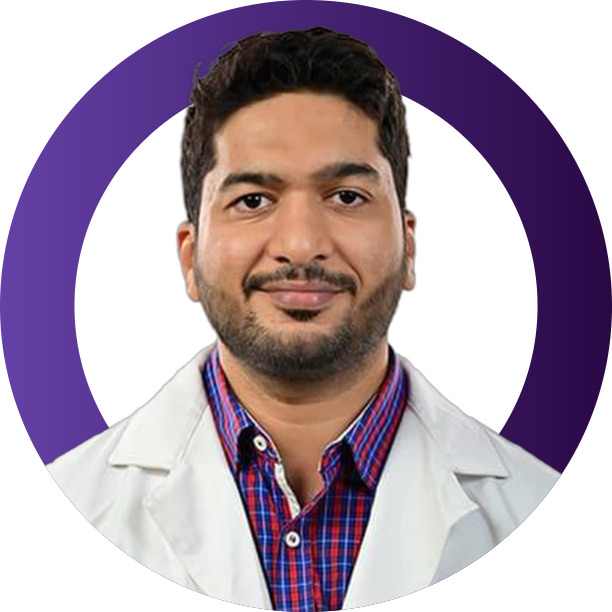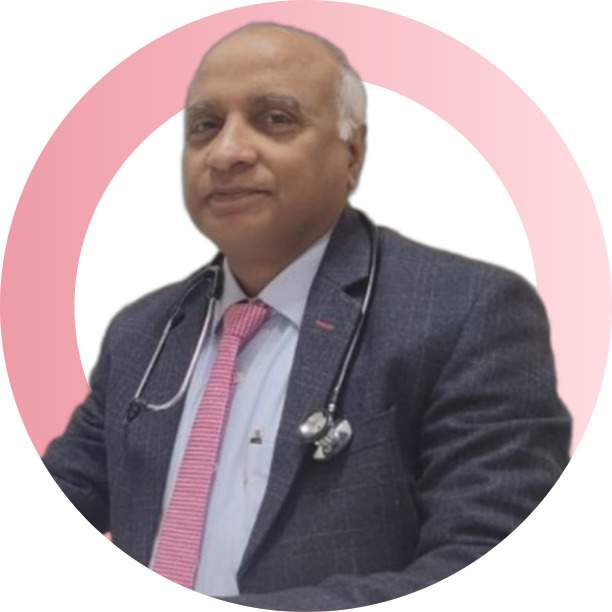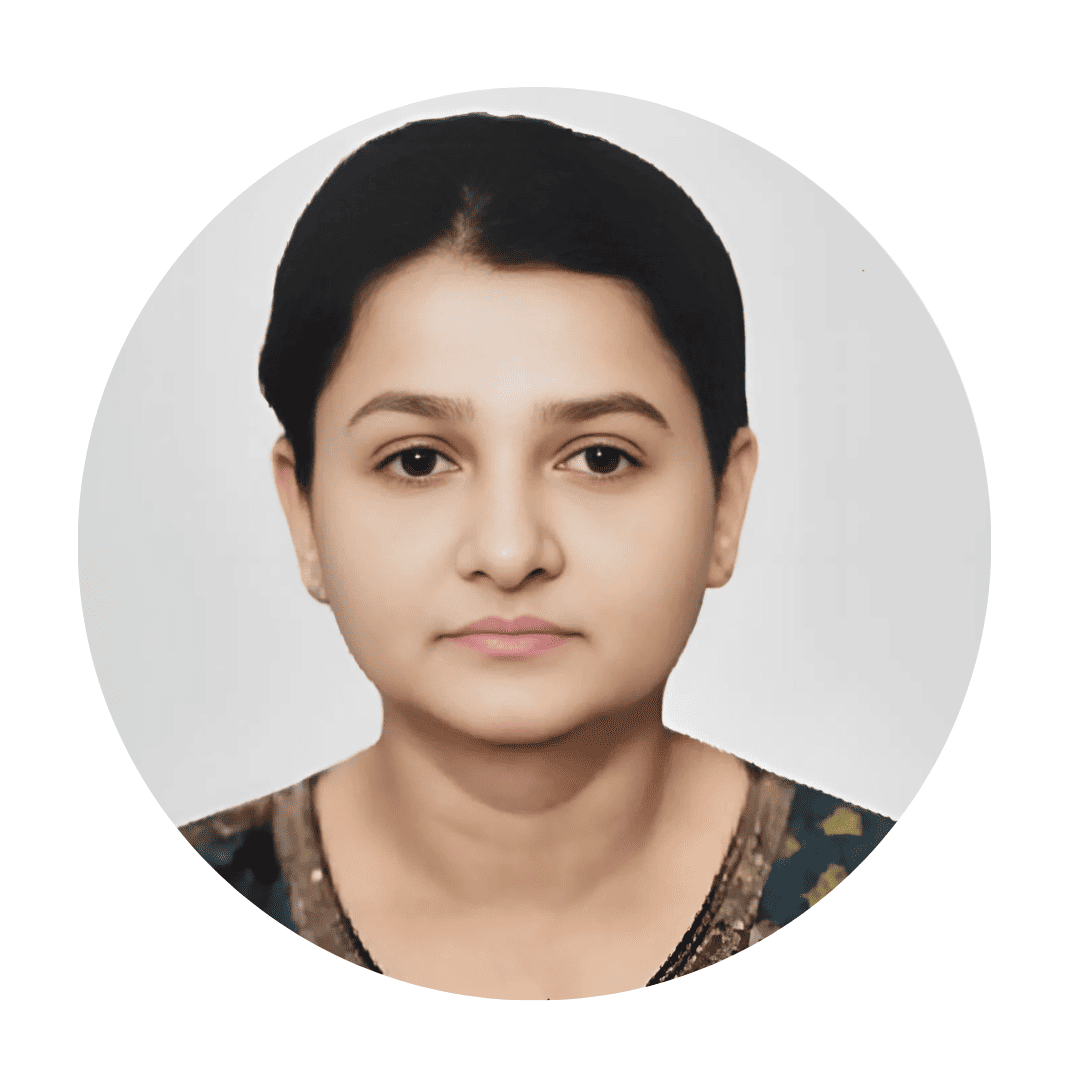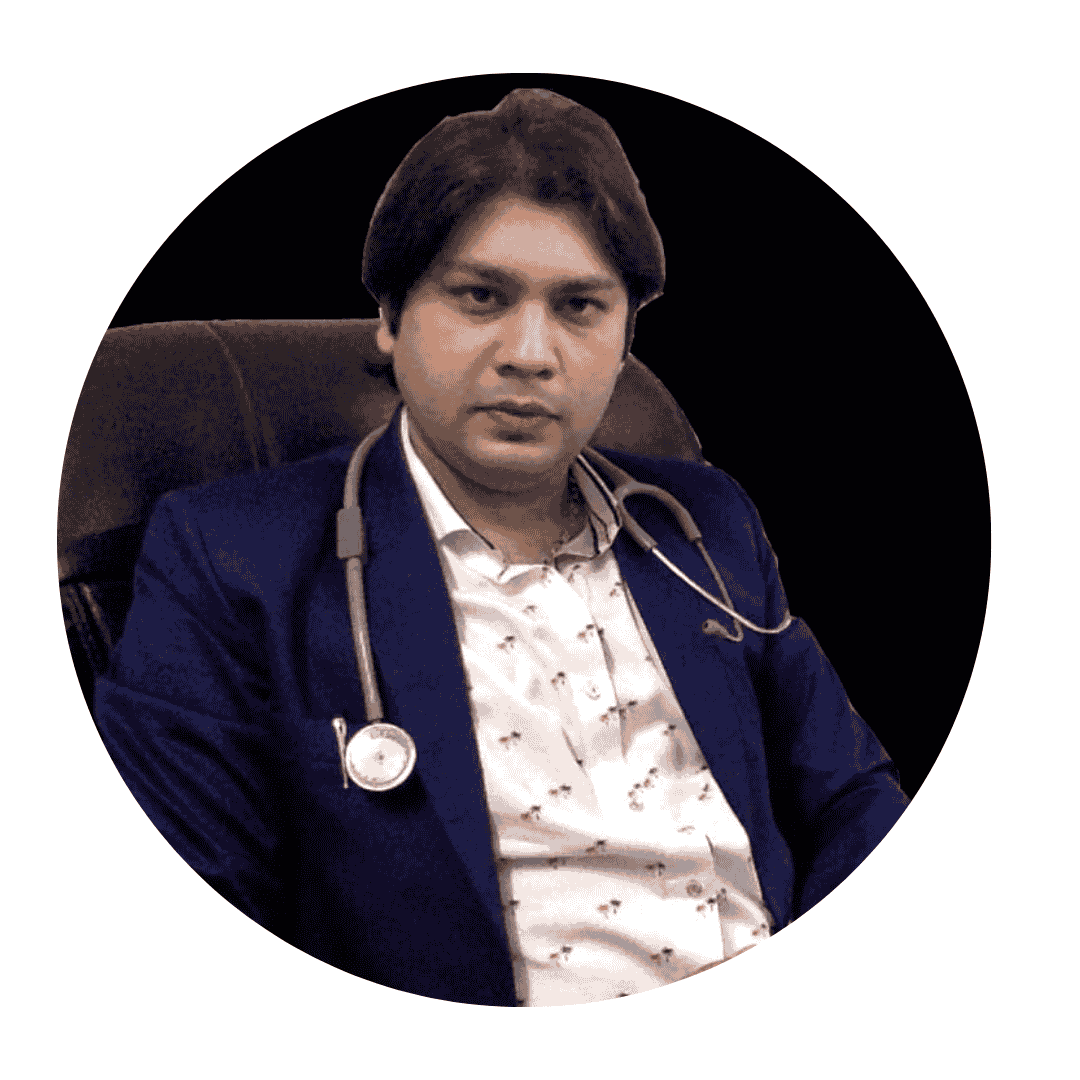


















































































We apologize, but we were unable to find any doctors matching your search criteria. Please try adjusting your search filters or broaden your criteria for better results.
Thank you for your understanding.
In order to diagnose neurological disorders, monitor disease progression, Diagnostic purposes, plan treatments, establish baseline data, and participate in clinical trials, patients may require a neurological examination.
Some neurologists may have additional training in particular surgical techniques, even if their primary focus is the diagnosis and non-surgical care of neurological problems. However, neurosurgeons, who specialise in surgical treatments of the nervous system, carry out the majority of surgical operations for neurological diseases.
Neurologists use a variety of therapeutic modalities, including surgical treatments, pain management strategies, dietary changes, pharmaceutical management, physical therapy, occupational therapy, and speech therapy. The specifics of the patient's diagnosis and needs will determine the therapy strategy.
For the evaluation and diagnosis of neurological diseases, neurologists may utilise a variety of diagnostic tests. These examinations can consist of an electroencephalogram (EEG) to assess brain activity, an electromyogram (EMG) and nerve conduction studies to evaluate nerve and muscle function, imaging examinations (MRI, CT scans) to view the brain and spinal cord, a lumbar puncture (spinal tap) to examine cerebrospinal fluid, and genetic testing for some inherited neurological disorders.
Epilepsy, stroke, multiple sclerosis, Parkinson's disease, Alzheimer's disease, neuropathy, migraines, muscular dystrophy, ALS (Amyotrophic lateral sclerosis), and brain or spinal cord tumours are just a few of the neurological disorders that neurologists treat.
You can consultant with neurologist if you are experiencing symptoms or have been diagnosed with a neurological condition. This can include persistent headaches, seizures, muscle weakness or numbness, memory problems, balance and coordination issues, movement disorders, or any other concerning neurological symptoms.
An expert in the diagnosis and treatment of conditions affecting the neurological system, which includes the brain, spinal cord, nerves, and muscles, is a neurologist. They are taught to recognise and treat neurological problems such migraines, Parkinson's disease, epilepsy, multiple sclerosis, stroke, and several other neurological conditions.